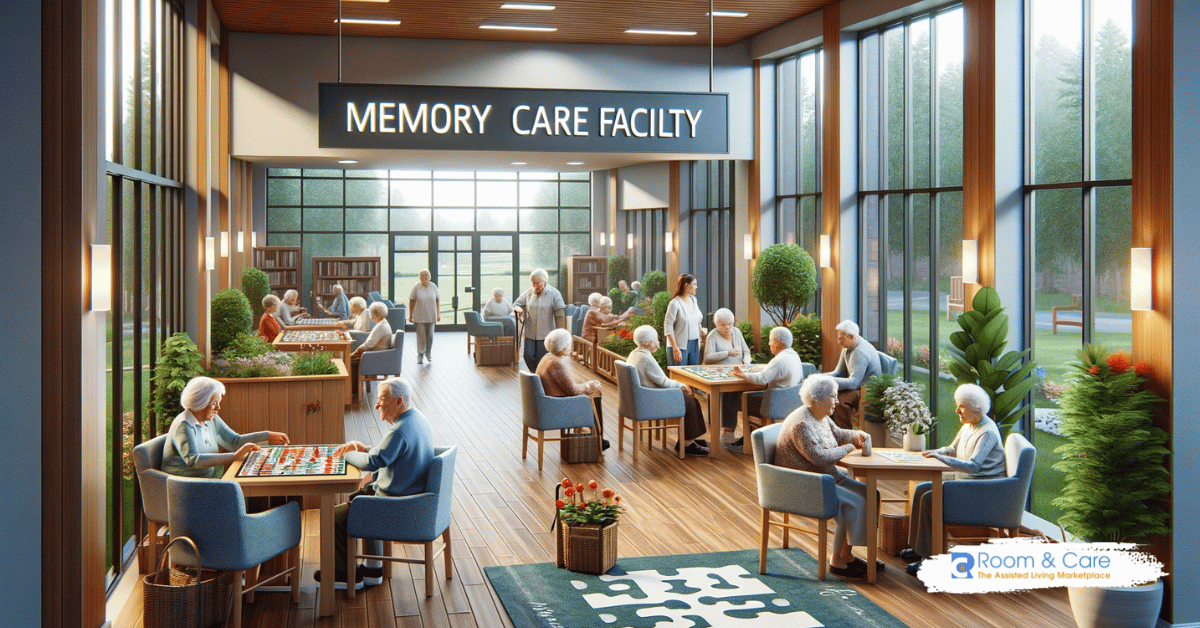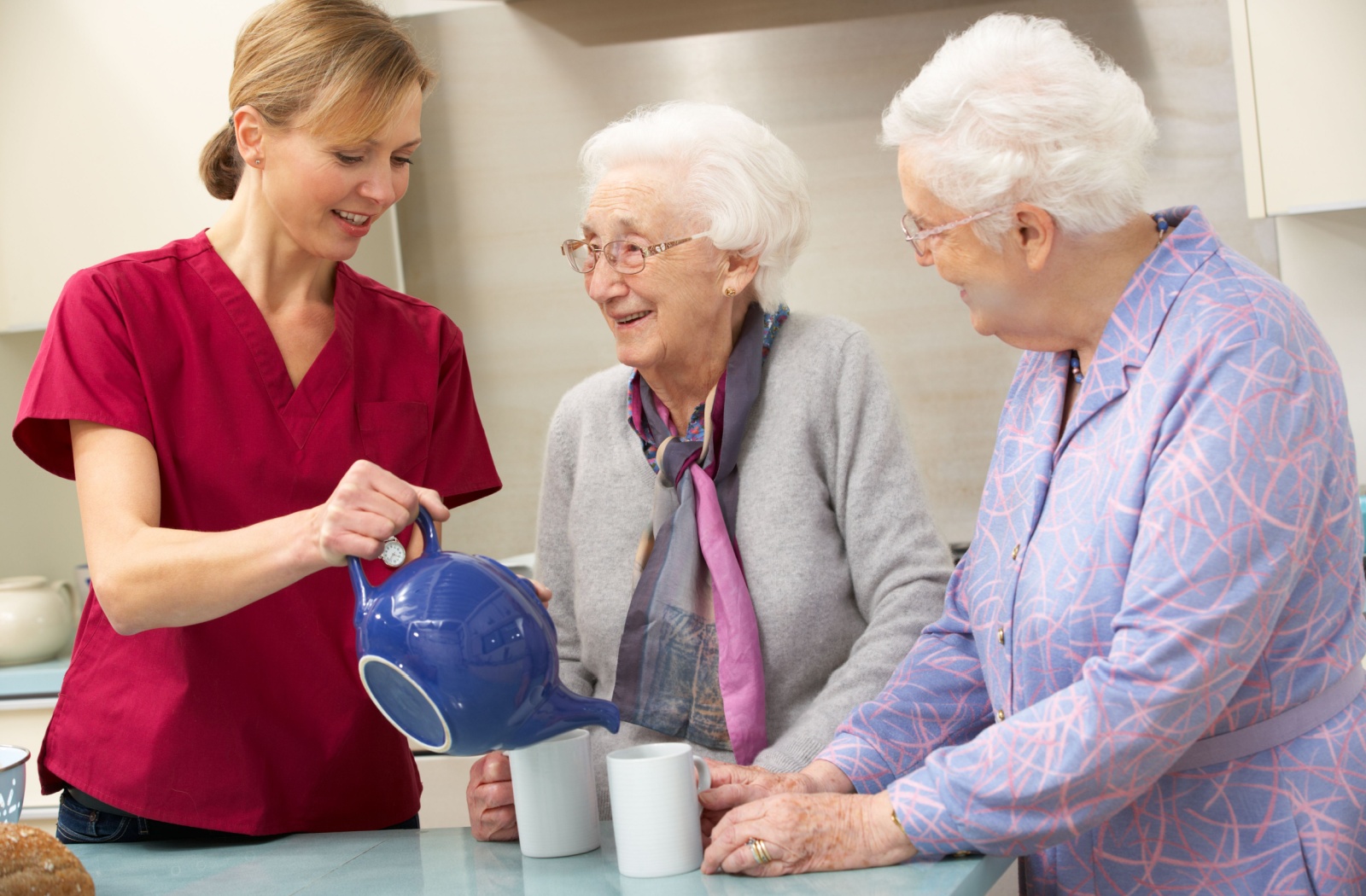Customized Solutions for Family Members Seeking Alzheimers Care Charlotte
Wiki Article
Creating a Safe and Helpful Environment for Alzheimer's Care
The creation of a secure and encouraging atmosphere for individuals with Alzheimer's is critical in enhancing their top quality of life. Checking out these diverse approaches can reveal important understandings right into reliable caregiving strategies that might transform the daily experiences of both caretakers and clients.Understanding Alzheimer's Needs
Often, individuals with Alzheimer's illness exhibit a variety of needs that need customized techniques to care. As the condition proceeds, cognitive decrease materializes in numerous means, impacting memory, reasoning, and also the capacity to perform day-to-day activities. Caregivers have to identify these advancing needs to supply ideal assistance and ensure a higher high quality of life for those influenced.One vital facet of recognizing Alzheimer's needs is recognizing the importance of routine and familiarity. Individuals frequently discover comfort in recognized patterns, which can lower anxiety and complication. Caretakers must make every effort to produce organized everyday timetables that include meaningful activities lined up with the individual's capacities and interests.
In addition, effective interaction is extremely important. Individuals with Alzheimer's may struggle to reveal themselves or comprehend intricate language. Caretakers should employ easy, clear language, use non-verbal cues, and practice active paying attention to foster understanding and link.
Last but not least, emotional and social requirements can not be neglected. Offering opportunities for social interaction and preserving connections can substantially enhance emotional well-being. Caretakers need to urge involvement in neighborhood tasks or family members events, advertising a sense of belonging and objective. Comprehending these diverse demands is necessary for developing an encouraging care setting.
Designing a Safe Home
Developing a risk-free home for individuals with Alzheimer's disease is vital to lessening risks and advertising self-reliance. The design of the space need to focus on safety while enabling for personal comfort. Get rid of prospective hazards such as loose rugs, sharp things, and clutter, which can lead to falls or mishaps. Ensure that pathways are clear and well-lit, as correct lighting minimizes disorientation and enhances movement.
Including adaptive attributes is likewise essential. Install grab bars in restrooms and near stairways, and think about using non-slip floor coverings in damp areas. Additionally, using different shades for walls and floors can help in identifying spaces, assisting to mitigate complication.
Familiarity is very important for people with Alzheimer's. Individualizing the atmosphere with acquainted objects and photos can enhance a sense of belonging and security - Alzheimers Care Charlotte. It is also helpful to have actually an assigned area for everyday tasks, such as reading or crafting, which can supply framework to their day
Finally, carrying out a secure exterior room permits risk-free exploration while getting in touch with nature. By thoughtfully making the home setting, caretakers can considerably improve the top quality of life for people coping with Alzheimer's disease.
Enhancing Communication Skills

Non-verbal communication, consisting of faces, gestures, and touch, plays an essential function in conveying compassion and understanding. Preserving eye contact and a tranquil temperament can boost the convenience degree of the individual, promoting a feeling of security.
Moreover, it is important to exercise active listening. This entails being completely present, revealing perseverance, and enabling the individual to reveal themselves without interruption. Rep may be required; caretakers need to be prepared to review topics or inquiries, as individuals with Alzheimer's might deal with memory recall.
Additionally, using visual aids or cues, such as pictures or acquainted items, can facilitate acknowledgment and interaction. Inevitably, improving communication abilities has to do with constructing trust and developing a setting where individuals really feel heard, valued, and comprehended, thereby enhancing their top quality of life.
Motivating Social Communication
Fostering significant social communications can significantly boost the well-being of people with Alzheimer's condition. Engaging with others not only aids fight feelings of isolation yet also promotes cognitive feature and psychological health. Structured social activities, such as team games, crafts and arts, or music therapy, produce chances for homeowners to get in touch with peers and caregivers, which can result in enhanced state of mind and reduced stress and anxiety.Producing a welcoming setting that urges socializing is important. This can be accomplished by setting up public rooms that assist in interaction, such as relaxing seating areas or task spaces. Furthermore, incorporating culturally relevant and acquainted tasks can trigger memories and urge participation, permitting individuals with Alzheimer's to really feel even more connected to their past experiences.
Additionally, caregivers need to be educated to acknowledge and advertise social interaction among homeowners. By prioritizing social communication, we can substantially enrich the lives of those living with Alzheimer's, promoting a sense of area and belonging.
Supporting Caretaker Wellness

To sustain caregivers, companies should supply regular training and instructional sources to enhance their understanding of Alzheimer's disease and caregiving methods. Offering accessibility to reprieve treatment services allows caregivers to take required breaks, see post minimizing stress and fatigue - Alzheimers Care Charlotte. Additionally, promoting a community with support system can facilitate psychological sharing and the exchange of functional recommendations amongst caregivers, producing a network of mutual assistance
Psychological health resources, such as therapy solutions, can additionally be crucial in dealing with the emotional toll caregiving can take. By prioritizing caregiver health, we develop an even more lasting caregiving atmosphere that not only benefits the caregivers themselves yet additionally boosts the general high quality of care received by individuals with Alzheimer's. Inevitably, sustaining caretakers is an essential component in cultivating a thoughtful and reliable treatment setting.
Conclusion
Finally, the creation of a risk-free and helpful atmosphere for individuals with Alzheimer's click to investigate is vital to boosting their top quality of life. By focusing on safety and security through thoughtful design, promoting emotional well-being with familiar components, and advertising my sources engagement through structured regimens, caregivers can significantly influence the general experience of those influenced by this condition. Moreover, sustaining caregiver well-being is critical, as it eventually adds to a much more effective and caring care setting.Repetition might be necessary; caretakers need to be prepared to review inquiries or topics, as people with Alzheimer's might struggle with memory recall.

Report this wiki page